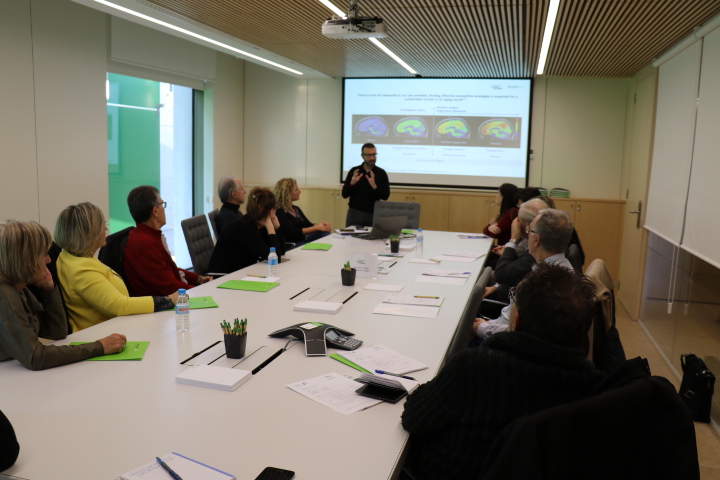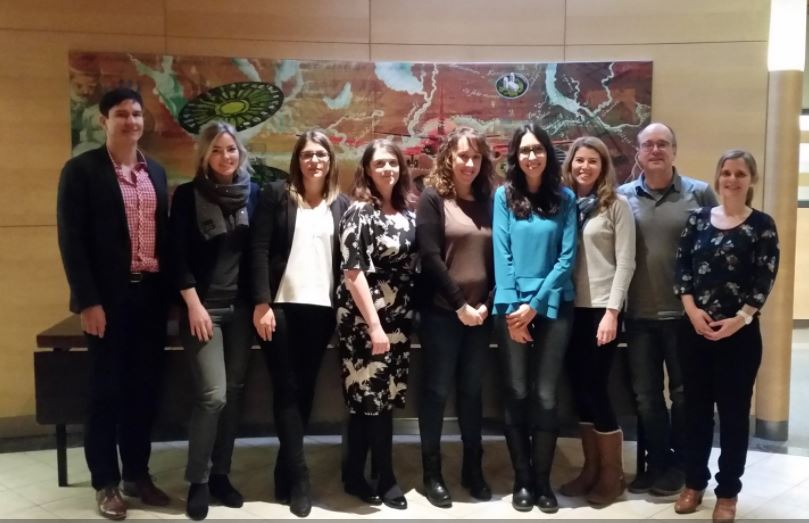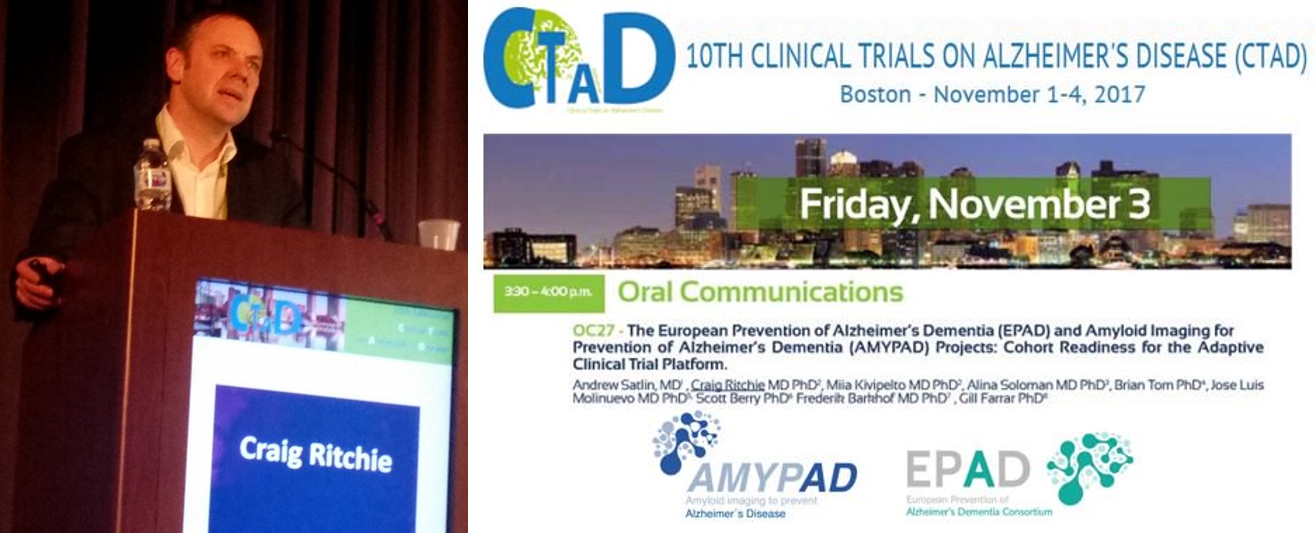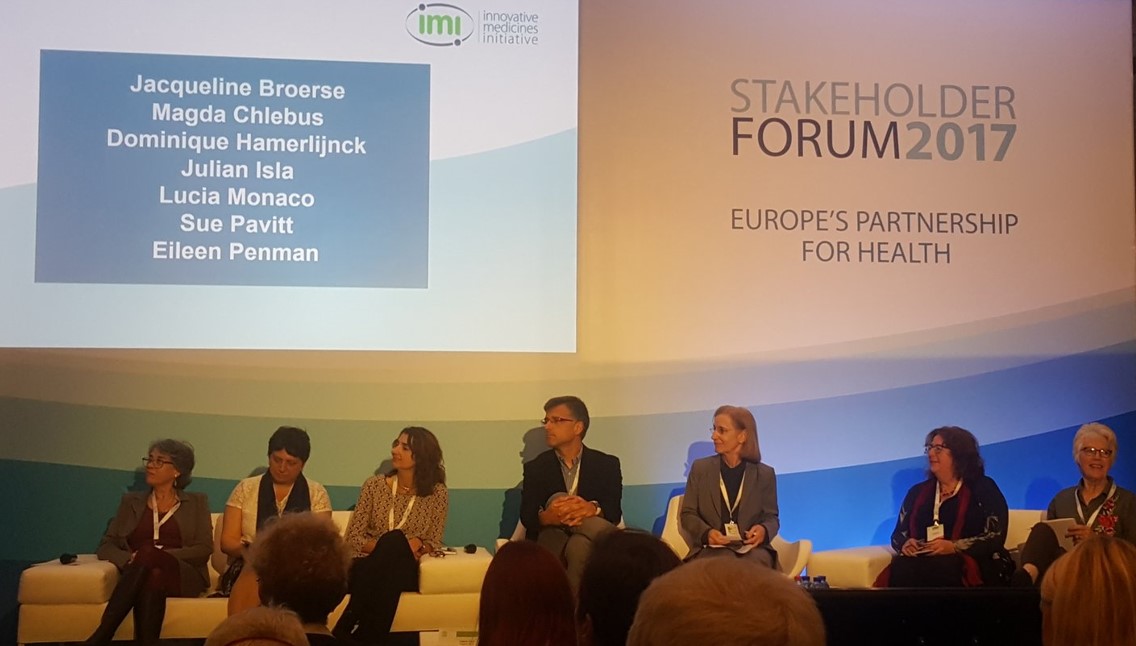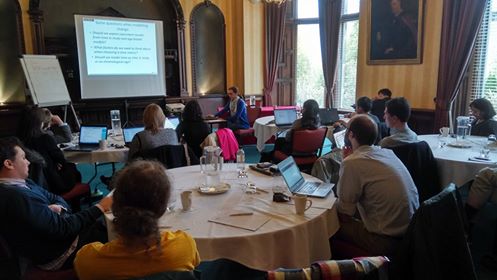The European Prevention of Alzheimer’s Dementia Consortium (EPAD) is recruiting research participants at six new sites, bringing the total to ten centres in six European countries.
People in France, the Netherlands, Spain, Sweden, Switzerland and UK can now take part in the study, which aims to develop tests to identify early signs of Alzheimer’s disease that may indicate when a person is at risk of dementia before symptoms appear.
Researchers are developing a Europe-wide cohort of study participants, drawing on information from existing cohort studies, patient registers and other European studies that have identified potential participants.
The Europe-wide study aims to recruit thousands of people, of which many may be selected to participate in trials to test new treatments for the prevention of Alzheimer’s dementia. Volunteers will provide samples for genetic analysis and will undergo tests to assess their thinking skills. Detailed images of their brains will be captured using magnetic resonance imaging.
The EPAD Longitudinal Cohort Study began recruitment in May 2016, with the first centre opening in Edinburgh (UK). Three sites opened later in 2016 in Amsterdam (Netherlands), Barcelona (Spain) and Toulouse (France).
An additional six centres are now recruiting volunteers in Geneva (Switzerland), Lille (France), Montpellier (France), Nantes (France), San Sebastian (Spain) and Stockholm (Sweden).
Its ultimate goal is to develop new medicines and interventions that prevent or delay the onset of Alzheimer’s dementia.
For further information, please contact:
Jen Middleton
University of Edinburgh
+44-131-650-6514
jen.middleton@ed.ac.uk
For more information on the EPAD initiative and to keep up to date with our progress, follow @IMI_EPAD on Twitter and visit https://alzheimer.noemi.lu/
To see our videos, visit our YouTube channel (IMI EPAD).
About IMI
The Innovative Medicines Initiative (IMI) is Europe’s largest public-private initiative aiming to speed up the development of better and safer medicines for patients. IMI supports collaborative research projects and builds networks of industrial and academic experts in order to boost pharmaceutical innovation in Europe. IMI is a joint undertaking between the European Union and the European Federation of Pharmaceutical Industries and Associations, EFPIA.
More information at www.imi.europa.eu
Acknowledgment
The research leading to these results has received support from the Innovative Medicines Initiative Joint Undertaking under grant agreement n° 115736, resources of which are composed of financial contributions from the European Union’s Seventh Framework Programme (FP7/2007-2013) and EFPIA companies’ in kind contributions.
You can download the press release here.


